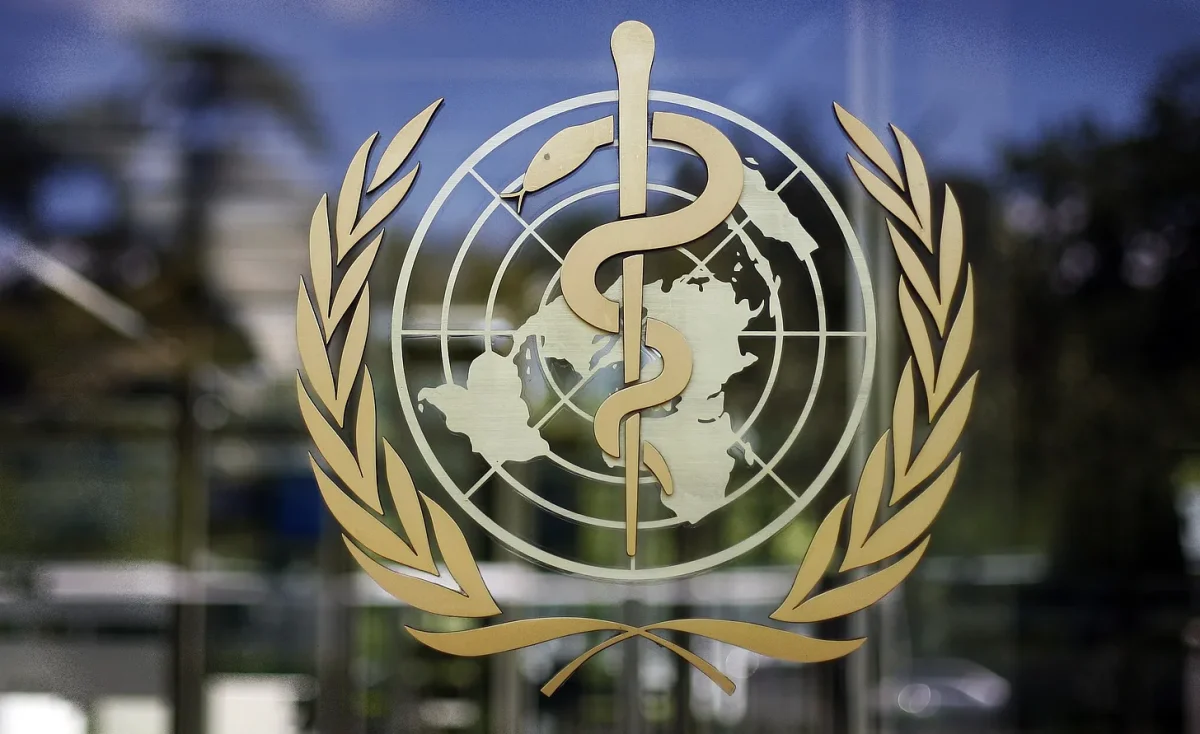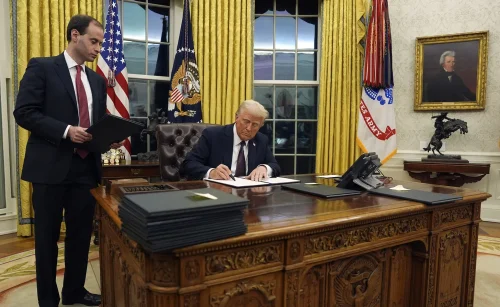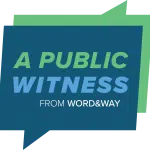
With a flurry of executive orders in the hours after assuming the presidency on Monday (Jan. 20), President Donald Trump made some moves that dominated the headlines — especially his pardon of people arrested for their actions during the Jan. 6, 2021, insurrection. As a result, other actions haven’t garnered nearly as much attention as they deserve. Like him expanding the federal government’s role in executions, thus demonstrating why it mattered so much that Biden commuted nearly all federal death sentences. And like Trump again removing the U.S. from the Paris Climate Agreement after Joe Biden had returned the U.S. to it after Trump departed it during his first term.
Another repeat move came as Trump started the process for the U.S. to leave the World Health Organization, insisting the health agency of the United Nations had mishandled the COVID-19 pandemic. Trump’s action provides the necessary 12-month notice for the U.S. to leave the WHO and stop financial contributions. The U.S. provides 18% of the WHO’s funding.
“Ooh,” Trump said as he picked up the WHO withdrawal order on Monday. “That’s a big one!”

President Donald Trump signs an executive order withdrawing the U.S. from the World Health Organization in the Oval Office of the White House in Washington, D.C., on Jan. 20, 2025. (Evan Vucci/Associated Press)
Trump took a similar step in 2020 as he attempted to deflect growing criticism of his mishandling of the COVID-19 pandemic. He announced in April of that year that he would halt U.S. funding even as the group played an important role in fighting the global pandemic. He claimed the WHO was under China’s control even though he had previously tweeted praise for China’s “transparency” with COVID-19 in January before WHO experts were even allowed by the Chinese government to visit to investigate the outbreak. Additionally, as the WHO warned about COVID-19 in late February, Trump called the warnings about the virus a “new hoax” from Democrats. But as the pandemic spread in the U.S., Trump switched to attacking China and the WHO. In July of that year, he announced the U.S. would leave, but Biden stopped that once he became president within the 12-month notice period.
Back in the Oval Office, Trump is again taking aim at the WHO, which is a significant force in addressing tuberculosis, HIV/AIDS, bird flu, Ebola, polio, and other global health emergencies. This time, however, there’s not a new election coming to stop his move.
“This is the darkest day for global health I’ve ever experienced,” said Lawrence Gostin, a professor of global health at Georgetown University and director of the WHO Collaborating Center on National and Global Health Law. “Trump could be sowing the seeds for the next pandemic.”
“It’s a strategic mistake in so many ways for us as a country,” said Dr. Daniele Fallin, dean of the Rollins School of Public Health at Emory University. “Not being part of the WHO means not only do we threaten the health of Americans and our fellow humans across the globe, but we also lose our stature as a leader in global health, and I’m very concerned about that.”
Trump’s move isn’t the first time the WHO has been in political crossfires in the United States. Some on the right have targeted the global health agency and complained about U.S. support for global health work ever since the son of a Danish Baptist preacher transformed the WHO to adopt a social justice approach to health across the world. So this issue of A Public Witness looks at the evolution of the WHO and why it matters.
‘Health For All’
Born in Vivild, Denmark, in 1923, Halfdan Mahler started a career in medicine that ultimately led to him serving for 15 years as the third director-general of the WHO. At first, he considered following his father, Magnus, into Baptist ministry as the younger Mahler started preaching at age 15. However, he instead studied medicine.

The rest of this piece is only available to paid subscribers of the Word&Way e-newsletter A Public Witness. Subscribe today to read this essay and all previous issues, and receive future ones in your inbox.






